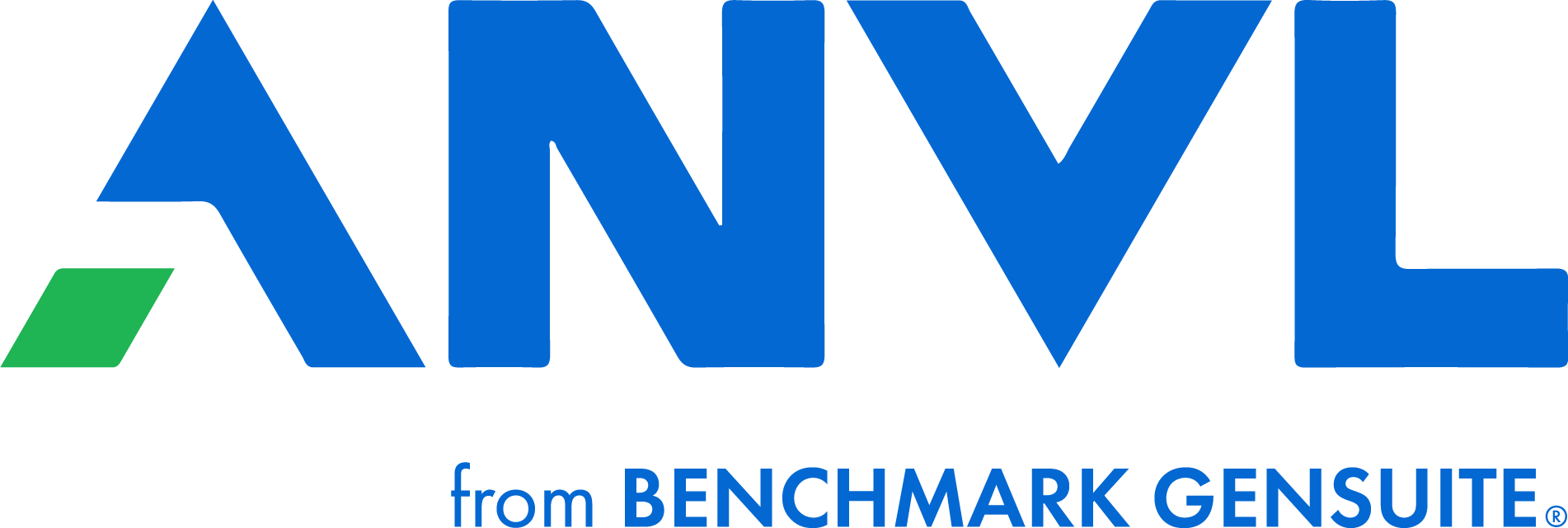In the fast-paced and rapidly evolving landscape of modern industries, maintaining success and remaining competitive requires continuous adaptation and improvement. One of the most significant developments in recent years has been the emergence of Quality 4.0, a concept that integrates digital technologies and data-driven insights to revolutionize the way industrial companies approach quality management.
To understand Quality 4.0 we must know what it is. It can be defined as the fusion of traditional quality management practices with cutting-edge digital technologies, such as the Internet of Things (IoT), Artificial Intelligence (AI), Big Data, and advanced analytics. This integration creates a data-driven and interconnected quality management ecosystem, enabling companies to make better-informed decisions, optimize processes, and deliver superior products and services to their customers.
Key Components of Quality 4.0:
- Data Integration and Connectivity: Quality 4.0 harnesses the power of data by collecting and integrating information from various sources across the industrial value chain. This includes data from sensors, production machines, supply chain, customer feedback, and more. The real-time connectivity ensures that valuable insights are readily available, leading to quicker and more effective decision-making.
- Predictive Analytics: With the help of AI and advanced analytics, Quality 4.0 empowers industries to predict quality issues before they occur. By analyzing historical data and identifying patterns, companies can proactively address potential problems, reducing the risk of defects, recalls, and production delays.
Benefits of Implementing Quality 4.0 in Industrial Industries
- Enhanced Product Quality: By utilizing real-time data and predictive analytics, companies can identify quality issues early in the production process, leading to a reduction in defects and improvements in product quality. This, in turn, results in higher customer satisfaction and loyalty.
- Increased Efficiency and Productivity: Automation and robotics streamline processes, reducing cycle times and operational costs. Quality 4.0 enables manufacturers to optimize resource allocation, minimize waste, and boost overall efficiency.
- Improved Supply Chain Management: Integrating quality data across the supply chain allows companies to monitor and assess the performance of suppliers. This transparency helps in building strong partnerships with reliable suppliers, ensuring a consistent flow of high-quality materials.
- Compliance and Risk Management: Quality 4.0 aids in regulatory compliance by providing real-time data and documentation. This facilitates audits and reduces the risk of penalties or legal issues related to non-compliance.
- Customer-Centric Approach: With access to real-time customer feedback, companies can promptly address concerns and tailor products to meet customer preferences. Quality 4.0 enables a customer-centric approach, fostering brand loyalty and positive word-of-mouth.
Implementing Quality 4.0: Key Considerations
- Cultural Shift: Embracing Quality 4.0 requires a cultural shift within an organization. Leaders must advocate for a data-driven mindset and encourage employees to adopt new technologies and approaches.
- Skill Development: As industries adopt advanced technologies, the workforce needs to acquire new skills to effectively operate and utilize these tools. Training and upskilling programs are essential to maximize the benefits of Quality 4.0 implementation.
- Data Security and Privacy: With increased data connectivity, companies must prioritize data security and privacy to protect sensitive information from cyber threats and breaches.
- Scalability: Industrial industries should adopt a scalable approach to implement Quality 4.0, starting with pilot projects and gradually expanding across the organization.
Quality 4.0 represents a transformative shift in how industrial industries approach quality management. By harnessing the potential of digital technologies and data-driven insights, companies can unlock numerous benefits, including improved product quality, increased efficiency, and enhanced customer satisfaction. To maintain sustainable success in a competitive global market, embracing Quality 4.0 is no longer a choice but a necessity. With the right approach, organizations can position themselves at the forefront of innovation and secure a promising future.
How Anvl Can Help
ANVL’s Connected Workforce Platform aligns perfectly with the goals of Quality 4.0, providing a comprehensive solution to help industrial industries embrace digital technologies and data-driven insights in their quality management processes. Let’s explore how ANVL’s platform can contribute to the success of Quality 4.0:
1. Data Integration and Connectivity: ANVL’s Connected Workforce Platform enables seamless data integration by connecting various data sources, including IoT devices, sensors, and production machines. This real-time connectivity ensures that critical quality data is readily available to the relevant stakeholders, allowing for quick decision-making and proactive quality management.
2. Predictive Analytics: ANVL leverages AI-powered predictive analytics to analyze historical data and identify patterns that can indicate potential quality issues. This enables industries to take preemptive actions to prevent defects and improve overall product quality, aligning with the predictive aspect of Quality 4.0.
3. Automation and Robotics: The ANVL platform incorporates automation and robotics into quality control processes, reducing human error and enhancing efficiency. By automating tasks and inspections, companies can ensure consistent quality while optimizing resource allocation, aligning with the automation component of Quality 4.0.
4. Real-time Performance Tracking: ANVL’s platform enables real-time tracking of employee performance and adherence to quality protocols. This visibility empowers companies to monitor and measure the effectiveness of their quality control initiatives, contributing to continuous improvement and compliance – both crucial aspects of Quality 4.0.
6. Incident Reporting and Analysis: ANVL facilitates streamlined incident reporting and analysis, allowing employees to report quality-related issues promptly. The platform helps in root cause analysis, enabling companies to address problems at their source and prevent recurrence, aligning with the problem-solving aspect of Quality 4.0.
7. Workforce Empowerment: ANVL’s platform empowers the workforce by providing them with tools and insights to improve their work quality. This employee-centric approach aligns with the customer-centric aspect of Quality 4.0, as satisfied and empowered employees contribute to delivering better products and services.
8. Scalability and Flexibility: ANVL’s platform is designed to be scalable and adaptable, making it easy for industries to start small and gradually expand their Quality 4.0 initiatives across the organization. This scalability ensures a smooth transition to the connected workforce ecosystem.
In conclusion, ANVL’s Connected Workforce Platform is a powerful tool that complements the goals of Quality 4.0 in industrial industries. By leveraging data integration, predictive analytics, automation, AR/VR support, and real-time tracking, the platform empowers companies to enhance their quality management processes significantly. Through incident reporting and analysis, employee empowerment, and a scalable approach, ANVL’s platform provides a comprehensive solution to implement Quality 4.0 successfully. As a result, industrial industries can achieve sustained success, improved product quality, and increased efficiency while embracing the potential of the digital era.
Anvl: Let’s Get to Work
Ready to see how Anvl can impact your organization? Contact one of our experts today.


